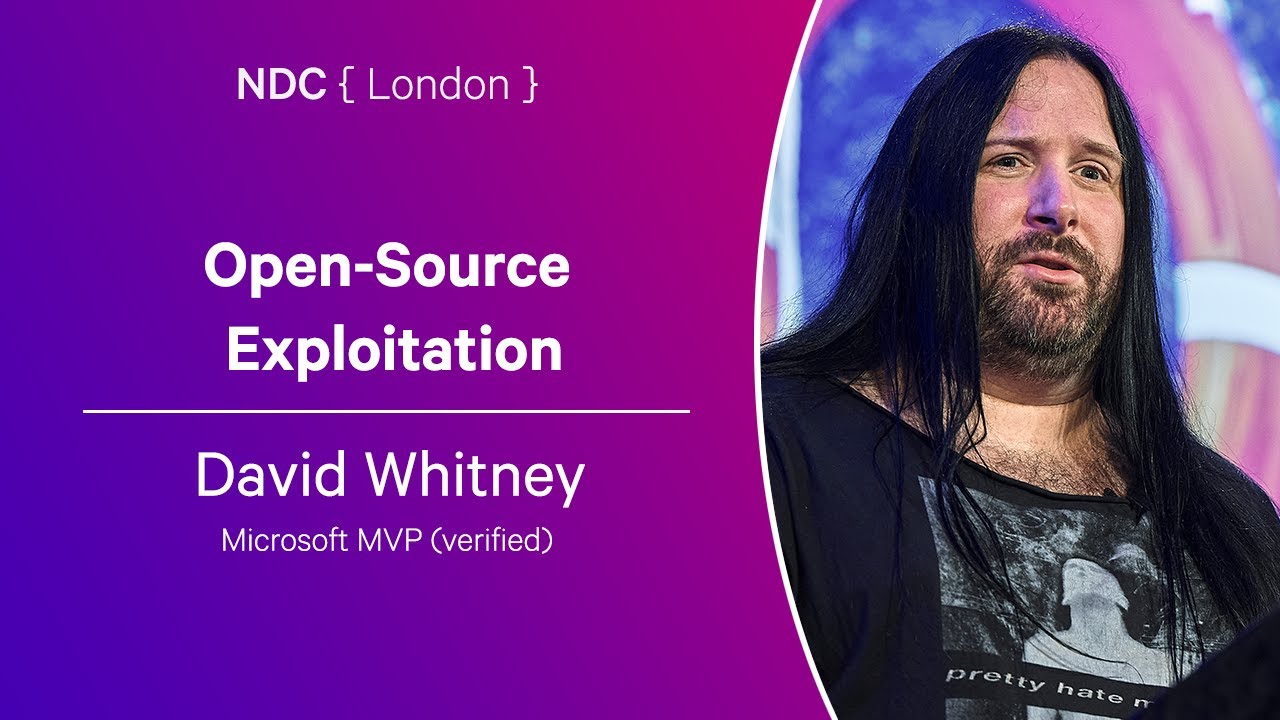

As with all things, there’s a trade off: how much do you value the [convenience/ecosystem/insert other thing that proprietary system offers you] compared to the ongoing cost - monetarily but also in terms of privacy, market manipulation, environmental impact, etc. of supporting and relying on the proprietary system.
You can’t do your work without connecting to Exchange because Microsoft has leveraged decades of monopolistic gains to make Outlook the default option for any “serious” business, and has invested even further in making inconvenient (or soon impossible) to connect to Exchange from outside their sanctioned walled gardens. Demanding that Linux solve that for you is akin to demanding that the person commuting on bike undo a century of automotive-centric urban expansion in the US so that they don’t interrupt your commute. It’s not their fault they can’t solve the problem and it doesn’t help anyone to get mad at them for doing their best to behave rationally in a system stacked to only serve the 1%’s corporate interests.






My preferred variation of this is to make it an open question that leaves them in the position of authority, and assumes that they made a deliberate decision.
For example, instead of “Why aren’t you using StandardLib that does 90% of this?”, I would try “Could this be achieved with StandardLib? Seems like it would cover 90% of this”.